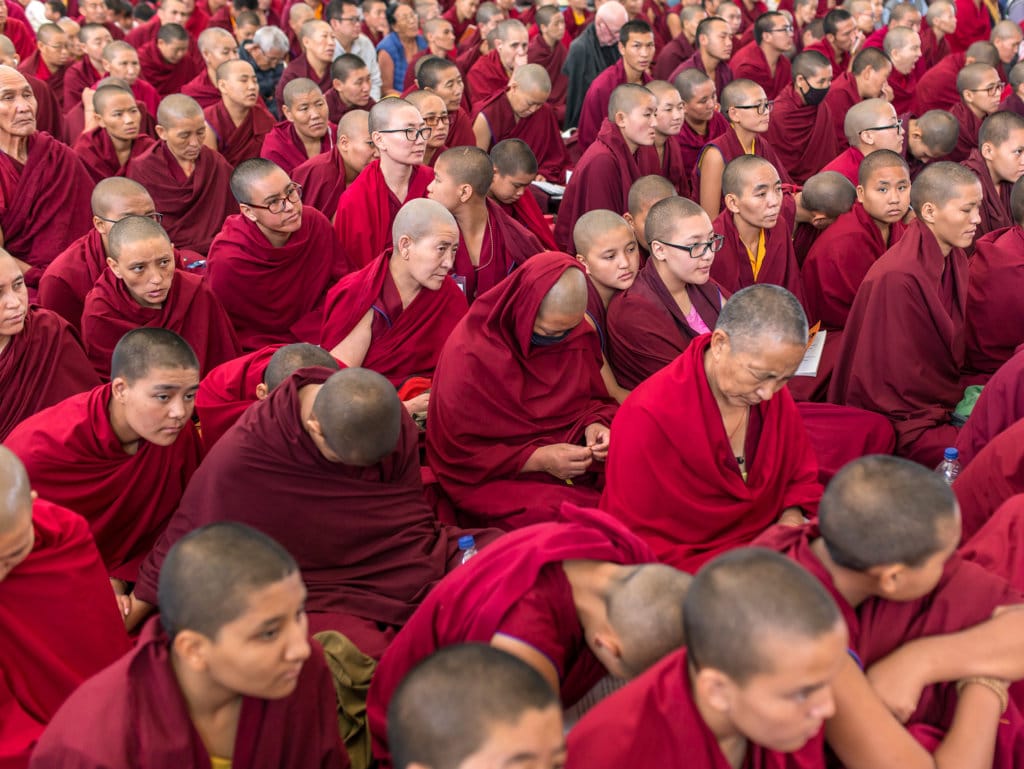In a bid to prevent the spread of “separatist” ideas, Tibetan monks from India have been banned from teaching Buddhism in a county in southwest China’s Sichuan province, Chinese publication Global Times reported.
Litang county officials from Sichuan made the first such move outside the Tibet Autonomous Region, according to the report. It remains unclear how many India-trained monks were banned.
The county is a prominent seat of Tibetan Buddhism as it served as a home to prominent religious figures such as the Seventh and Tenth Dalai Lama.
“As some monks received education overseas from the 14th Dalai Lama clique – whom China regards as separatists – it is necessary to tighten supervision so as to prevent the clique from using local Buddhists to conduct separatist activities,” Zhu Weiqun, former head of the Ethnic and Religious Affairs Committee of the National Committee of the Chinese People’s Political Consultative Conference, was quoted as saying in the report.
The county in question has classes in patriotism every year for those educated and awarded the Gexe Lharampa in India, the publication quoted an official from Litang’s ethnic and religious affairs bureau as saying. Those who behave improperly at patriotism classes or show any signs of separatist intent are strictly monitored and banned from teaching Buddhism to the public, the official added.
The Gexe Lharampa is the highest academic degree in Tibetan Buddhist studies, with gexe meaning knowledgeable while lharampa is the highest of all four ranks in the Gexe system of Tibetan Buddhism.
A total of 105 monks in Southwest China’s Tibet Autonomous Region have been awarded the Chinese Buddhist version of the degree since 2004, the Xinhua news agency reported.
The Litang Temple has about 800 monks and can accommodate more than 4,300 students, according to the china.com website.
The 14th Dalai Lama, who has made Dharamshala in Himachal Pradesh his home, and a significant center for Tibetan refugees in India, for decades, is considered by Beijing to be a secessionist involved in anti-China activities for demanding the independence of Tibet. The spiritual leader has denied the charge, says he only wants autonomy for Tibet. Last month, in a lecture organized by the Nehru Memorial Museum and Library and the Antar-Rashtriya Sahayog Parishad in New Delhi, he was quoted as saying: “Historically and culturally, Tibet has been independent. The region’s geography shows where Tibet begins. So long as the constitution of China recognizes our culture and Tibetan autonomous region’s special history, they can remain [part of China].”
He added: “There was a time when every French looked at the Germans as enemies. But today they are in the European Union. Similarly, we can work together.”
